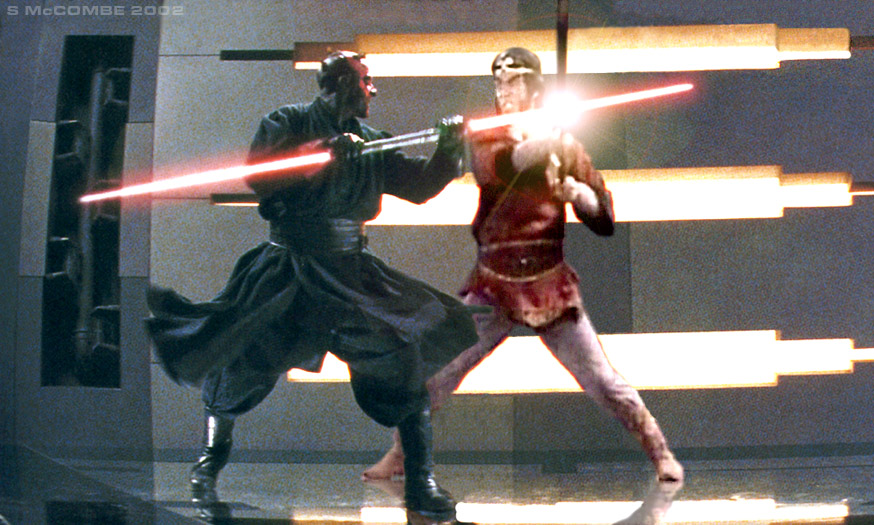- Time
- (Edited)
- Post link
Lee-Sensei said:
That was an excellent answer. I really enjoyed reading it. However, I have to say that your comparison of King Josiah to R2D2 and Obi-Wan Kenobi is flawed. Those two are main characters. I know the Bible pretty well, and even I barely remember King Josiah. A better comparison would be Moses. And I'm pretty sure the average person knows more about him, than R2D2 and Obi-Wan Kenobi.
In school you actually learn about these things. If your studying Medieval Europe, you'll probably deal with the influence of the Church. If your studying Ancient Greece or the Renaissance you'll probably deal with Classical Mythology's influence in visual arts and on words.
I guess by the same token if you were to read about the first century of film and 20th century entertainment in a school in the future, you would probably have part of a chapter examining Star Wars and the late-century blockbusters that were inspired by it. But, obviously, that would probably be uncommon, a Univeristy speciality perhaps, whereas the Church and the classical theology shaped entire civilizations and formed the political policies of entire world empires. You can't expect pop culture to compare to that. Classical "mythology" (if you want to call it that, but then you ought to be also referring to Judeo-Christian "mythology" too) and Christianity were not pop-culture, they were a fundamental part of the entire world-view of their respective societies. Ancient Rome and Medieval Europe had its own pop culture too, but other than the odd thing like King Arthur or Gawain you never hear of any of it. Actually, a lot of the "pop culture" that survives is also intertwined with religion too, so you have stories about Hercules that were meant to entertain despite the fact that he was worshipped but that would be like maybe Jesus Christ Vampire Hunter or something like that, there was still linkage to the contemporary theology of the time. A lot of the "real" pop culture, that wasn't theologically inspired--folk tales, I guess--hasn't survived or fell out of popularity and is lost. Almost all of it was oral too, so it was never even written down, there are entire corpus' of popular culture that we will never have any idea ever existed. You do still have stuff like Shakespeare and Chaucer, but the former is very recent and (IMO) hasn't earned the "immortal" status English majors give him while the latter only became popular in recent centuries (if only because few could read him, plus in recent years we project backward and see he had a role in the development of the novel).
So, anyway, if you look at real pop culture throughout the ages, almost none of it lives on. If you are stacking Star Wars against two of the biggest religious institutions in human history--Christianity and the classical religions--then of course it won't be able to cut it on a historical scale, that would be preposterous. But as far as pop culture goes, I would wager Star Wars will end up somewhere on that list with King Arthur and Robin Hood and Macbeth, along with a lot of other modern tales like Superman and Wizard of Oz. When it comes to antiquity it's a bit hard to draw the line between pop culture and religion since a lot of heroes were worshipped, like Gilgamesh, and even with Gilgamesh his mythology was literally buried and forgotten for two thousand years until a bunch of British colonial diplomats started touring Iraq in the 19th century, only a 150 years ago.


